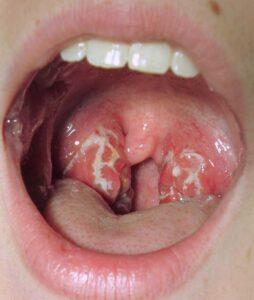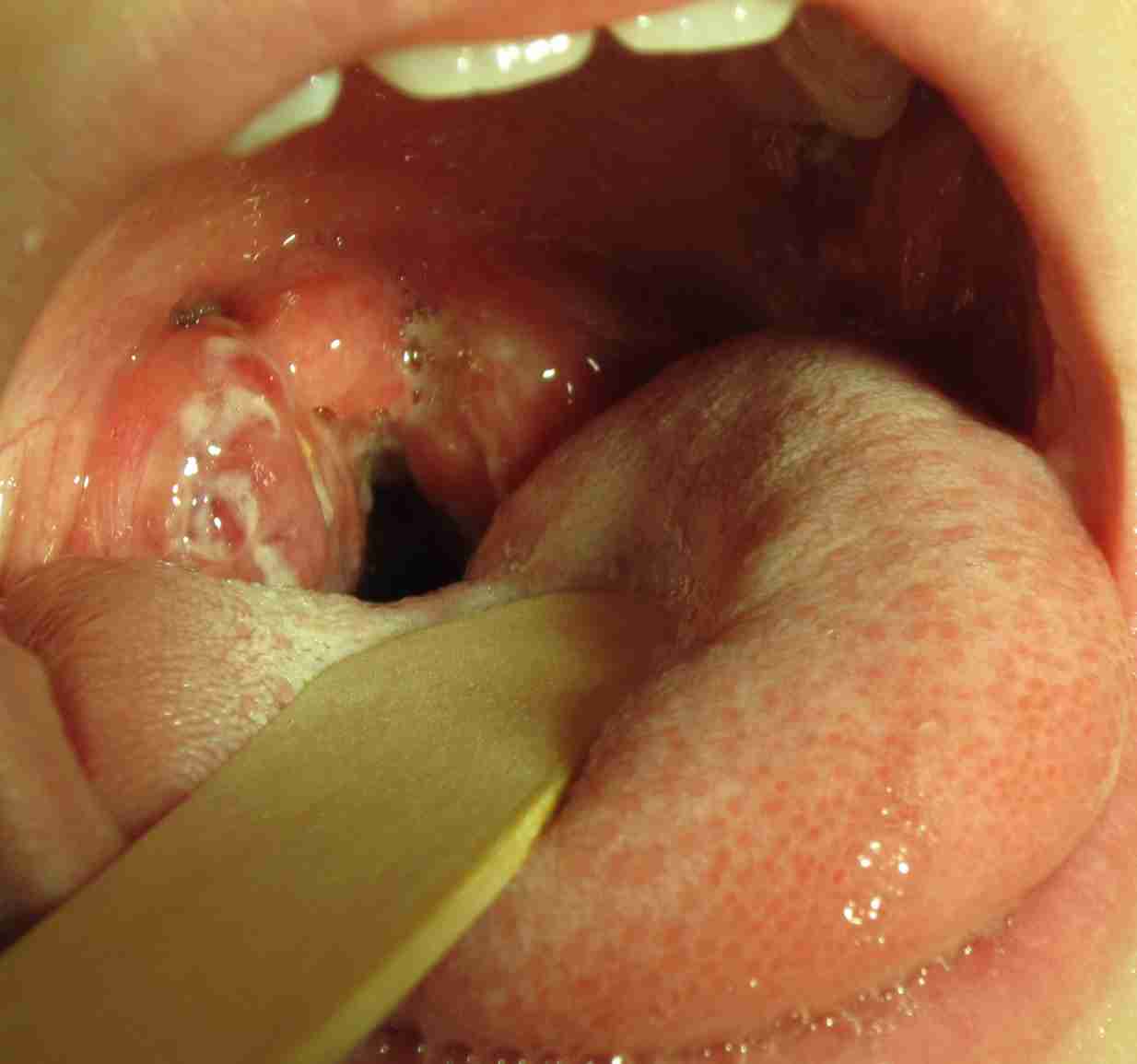This article is a Complete Guide to Streptococcal Pharyngitis, Symptoms, Treatment and Prevention.
Introduction: What is Streptococcal Pharyngitis?
Streptococcal pharyngitis is a bacterial infection caused by the streptococcus bacteria. It is more commonly known as strep throat, and it can be identified by a sore throat, fever, headache, and swollen tonsils.

The symptoms usually appear within two to five days after exposure to the bacteria. They are typically worse in the morning and improve during the day. If left untreated, it may lead to complications such as rheumatic fever or acute glomerulonephritis.
Streptococcal pharyngitis is most common in children between 5 and 15 years old. The symptoms of this condition are similar to those of other illnesses like mononucleosis or influenza that cause sore throats so it can be difficult to diagnose with just one symptom alone.
Signs & Symptoms of Streptococcal Pharyngitis
There are a few signs and symptoms that will help you determine whether or not you have strep throat. The most common of these is a sore throat. Other symptoms include fever, headache, and swollen lymph nodes.
The most common symptom is a sore throat. Other symptoms include fever, headache, swollen lymph nodes, Streptococcal pharyngitis is contagious and can be transmitted through droplets from coughing and sneezing.
A doctor can diagnose streptococcal pharyngitis by doing a throat culture or taking a swab from the back of the throat.
Treating & Preventing Streptococcal Pharyngitis
Streptococcal pharyngitis is a bacterial infection that is caused by the bacteria group known as Streptococcus. The best way to prevent strep throat is to wash your hands frequently and avoid sharing utensils or cups with others.
If you think you might have strep throat, talk to your doctor about treatment options. They might recommend antibiotic treatments in order to get rid of the bacteria and relieve symptoms.
Conclusion:
We found that the benefits of treatment for streptococcal pharyngitis are numerous. Treatment can prevent complications and shorten the duration of illness. It also prevents relapse, which is a common concern with this condition.
Click to know 5 Practical Tips for Managing the Respiratory Syncytial Virus

